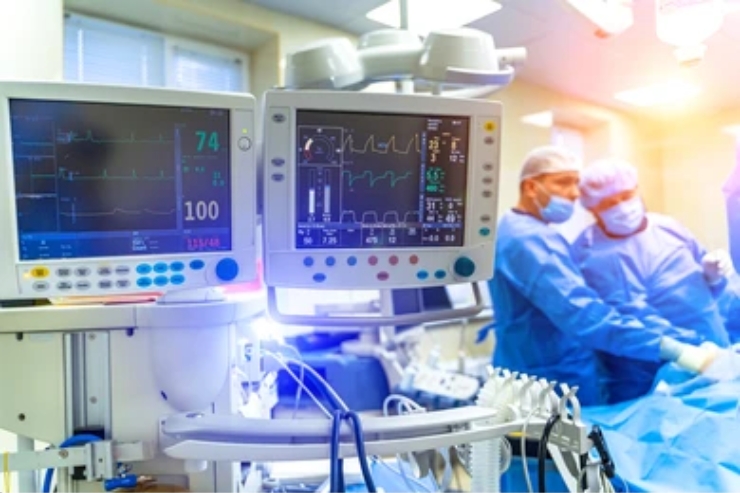- +91-7416704400
- chaitunagarakanti@gmail.com
- Secunderabad, Telangana

At NHS Hospitals, our Critical Care Medicine and Intensive Care Unit (ICU) provides advanced, round-the-clock care for patients facing life-threatening illnesses, severe injuries, and complex medical emergencies. We understand that critical conditions require immediate attention, state-of-the-art technology, and highly skilled professionals, which is why our ICU is equipped to deliver the highest standards of emergency and intensive care.
Our team of critical care specialists, intensivists, anesthesiologists, nurses, and support staff work together seamlessly to stabilize patients and provide comprehensive treatment in situations where every second counts. From severe infections and sepsis to trauma, multi-organ failure, cardiac emergencies, respiratory distress, and post-surgical monitoring, our ICU is designed to handle the most critical medical situations with precision and compassion.
The unit is equipped with advanced life-support systems, including ventilators, cardiac monitors, defibrillators, dialysis facilities, and infusion pumps, ensuring that patients receive continuous monitoring and immediate intervention. We also utilize cutting-edge diagnostic and imaging services to support rapid decision-making and effective treatment strategies.
Patient care in the ICU is guided by a multidisciplinary approach. Our critical care team works in close collaboration with specialists from cardiology, neurology, pulmonology, nephrology, surgery, and other departments, ensuring that patients receive holistic and coordinated care tailored to their condition. This teamwork helps in managing complex cases such as heart attacks, strokes, organ dysfunction, or major surgical recoveries.
In addition to lifesaving interventions, we focus on the comfort, safety, and dignity of every patient. Our ICU maintains strict infection-control practices, continuous communication with families, and a compassionate approach that reassures loved ones during challenging times. We also provide step-down monitoring and rehabilitation to support patients in their recovery journey once they are stable.
At NHS Hospitals, we believe that critical care is not just about survival but about restoring health and quality of life. Our ICU combines expertise, technology, and compassion, ensuring that every patient receives the best chance for recovery even in the most challenging circumstances.